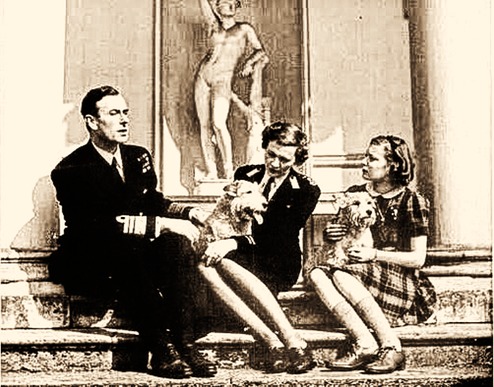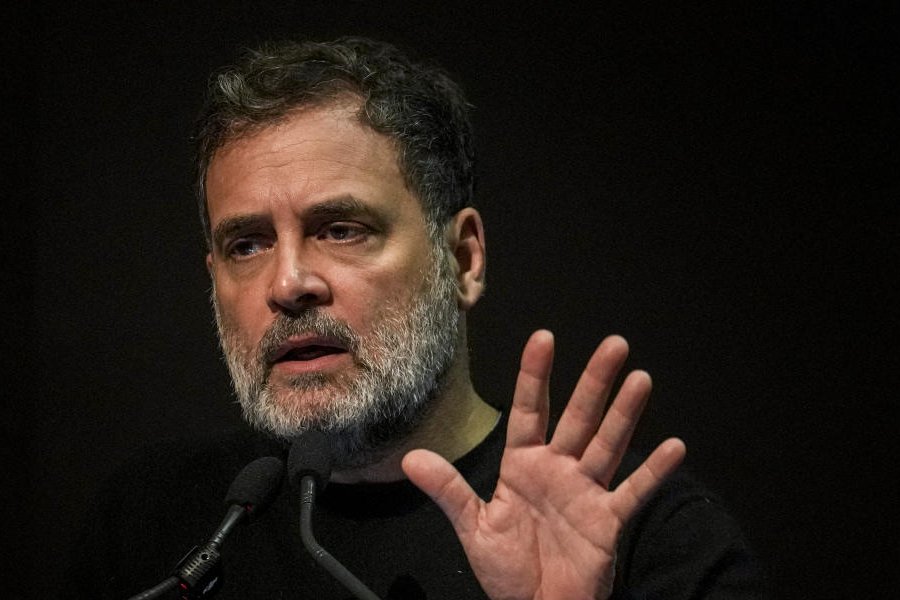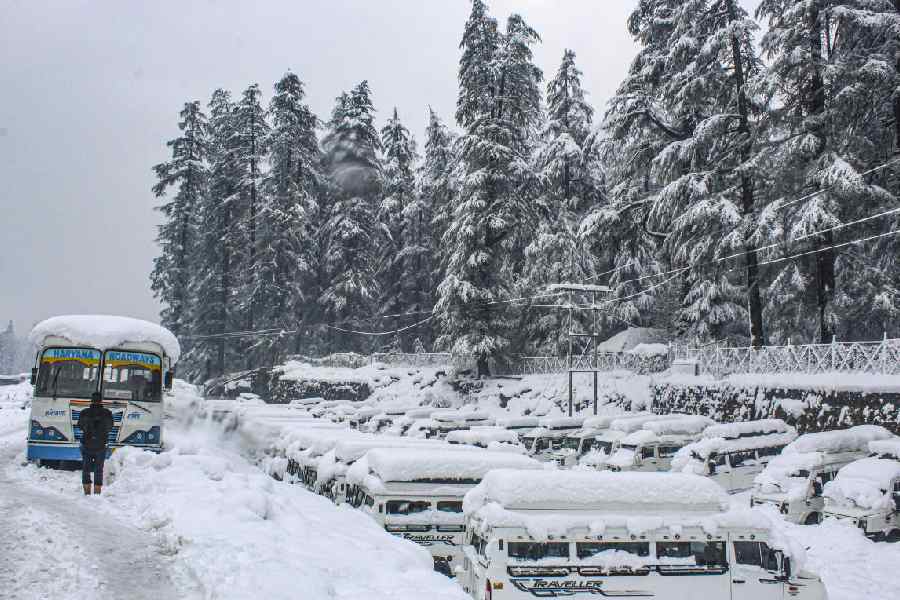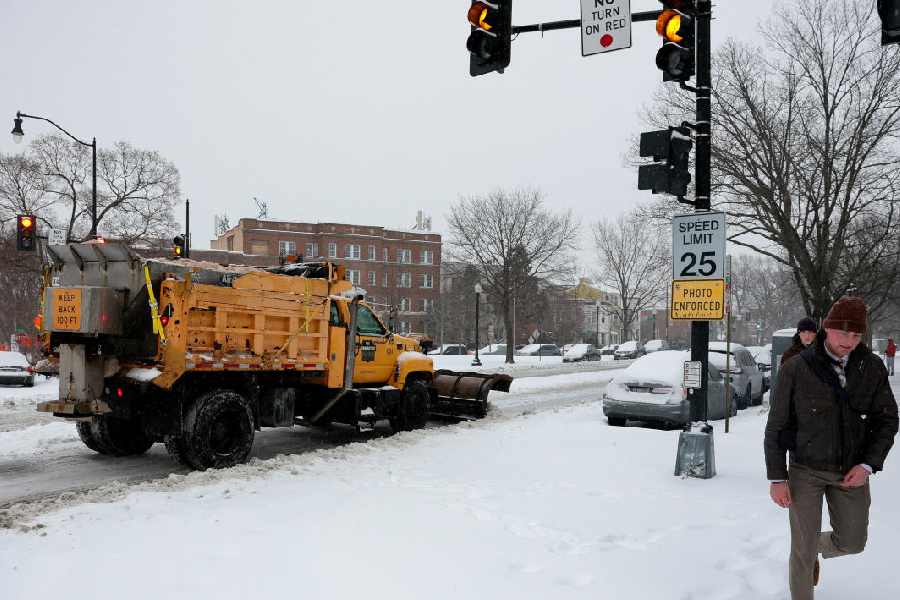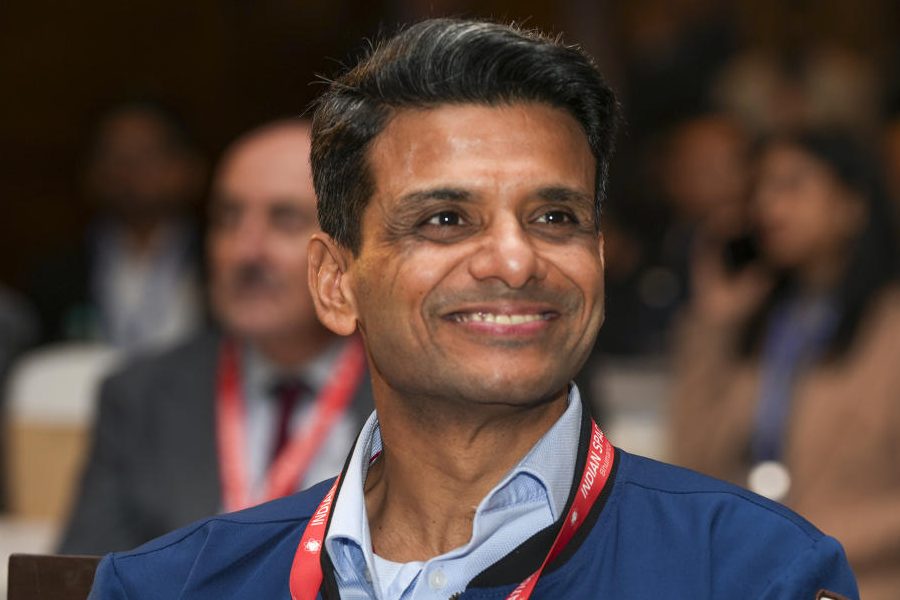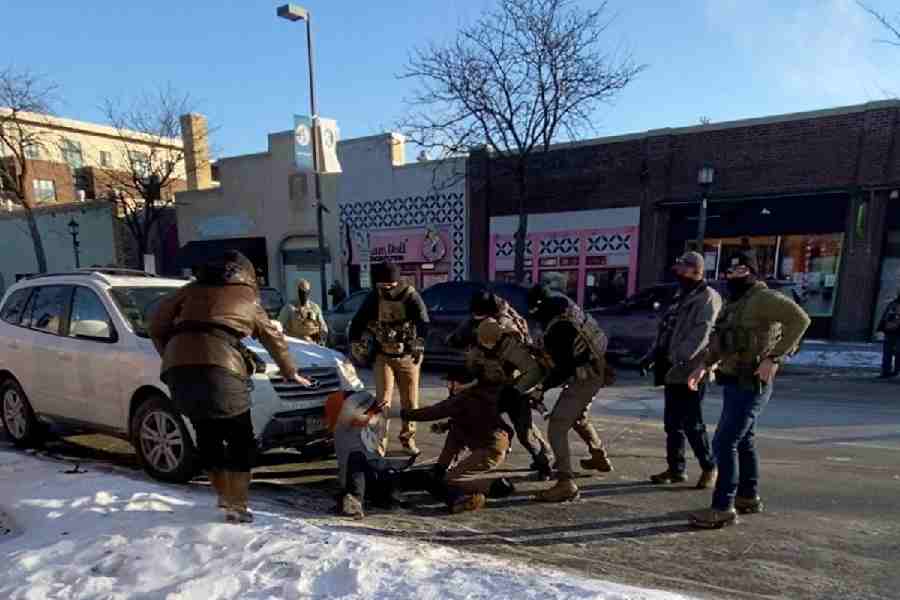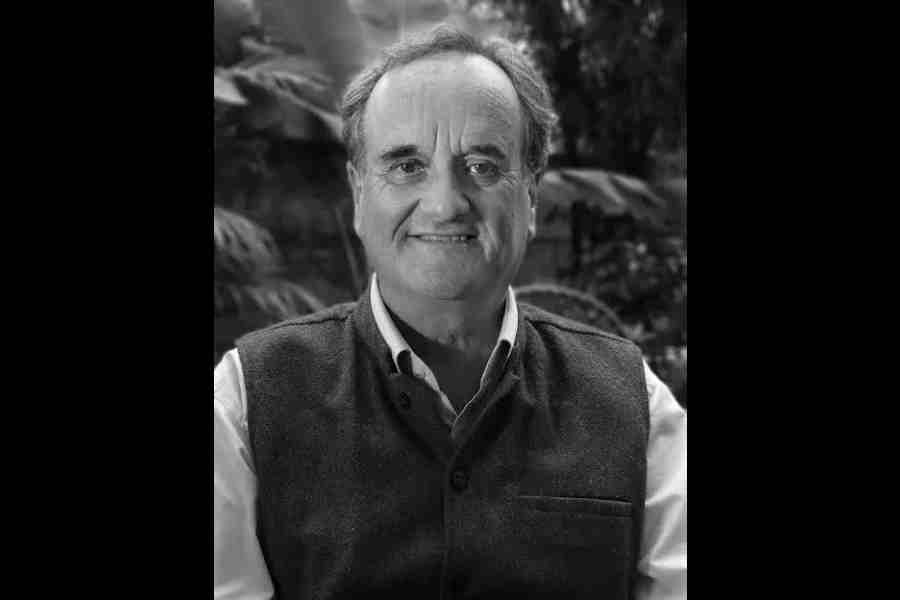
London, June 15: Patricia, Countess Mountbatten of Burma, the 93-year-old elder daughter of Lord Mountbatten, the last Viceroy of India, has died at her home in Marsham, Kent, it was announced yesterday.
She belonged to one of Britain's most aristocratic families but the Mountbattens' historic importance is probably best defined by its intimate links to India.
Firstly, her father was sent to India in 1947 by Labour Prime Minister Clement Attlee to bring down the curtain on the Raj and preside over what turned out to be the traumatic Partition of India - the subject of Gurinder Chadha's recent film, Viceroy's House.
Mountbatten was accompanied by his wife, Edwina, and younger daughter, Pamela.
Patricia, who was exceptionally allowed to inherit the title Countess Mountbatten of Burma when her father was assassinated by the Irish Republican Army (IRA) in 1979, married Lord Brabourne, who also had close links with India.
Lord Brabourne, who used the name John Brabourne professionally as a film producer, was the son of the 5th Lord Brabourne, who was governor of Bombay and also, briefly, Viceroy of India.
During his tenure as governor of Bombay, the latter laid the foundation stone of Brabourne Stadium in 1936 after conducting negotiations for the land with Anthony de Mello of the Cricket Club of India. He died in 1939 and his final resting place is St John's Church in Calcutta.

Lady Brabourne College and Brabourne Road in Calcutta are also named after the family.
John Brabourne's film credits include the 1984 movie A Passage to India, adapted from E.M. Forster's novel. It was produced by Brabourne, directed by David Lean and starred, among others, Victor Banerjee as Dr Aziz Ahmed, Saeed Jaffrey as advocate Hamidullah and Roshan Seth as advocate Amrit Rao.
The film received 11 Oscar nominations, with Peggy Ashcroft picking up an Academy Award for Best Supporting Actress for her portrayal of Mrs Moore and Maurice Jarre for Best Original Score.
The English aristocracy is a minefield for foreigners. For example, plain and simple John Brabourne was in reality John Ulick Knatchbull, 7th Baron Brabourne, CBE. He was born on November 9, 1924, and died on September 23, 2005. He succeeded to the title only because his elder brother, Norton, the 6th Lord Brabourne, was captured and executed by the Nazis in 1943 while trying to escape as a prisoner of war.
When he married Patricia on October 26, 1946, at Romsey Abbey in Hampshire, at the age of 21, the young princesses, Elizabeth and Margaret, Patricia's third cousins, attended the wedding as did the latter's parents.
Elizabeth, whom Patricia called "Lilibet", was one of the bridesmaids.
In February 1947, only months after the wedding, Patricia's father was appointed Viceroy of India.
The newly wed couple spent several months in India, residing with Patricia's parents in the Viceregal Lodge in Delhi. In November the same year, Patricia's first cousin Philip married Elizabeth, future Queen of the UK. The Viceroy, Edwina and Pamela had to rush back from Delhi to attend the wedding.
Patricia and Pamela got to know Indira Gandhi - and in the years to come the Mountbattens also stuck up for her, especially during the dark days of the Emergency from 1975-77.
The sisters have said they "admired" their mother, Edwina, but "didn't like her". She farmed them out to nannies while she got on with her socially glamorous life and her lovers, they have said.
Patricia and John had seven children but tragedy struck in 1979. Lord Mountbatten was not the only one to perish when the IRA blew up the family's sailing boat, Shadow V, in Mullaghmore Harbour, near Classiebawn, Co Sligo, in the Irish Republic on August 27, 1979.
Patricia and her husband were seriously injured but the dead included their 14-year-old son, Nicholas. His twin, Timothy, was also badly hurt. Brabourne's mother was killed as well as a local boy, Paul Maxwell, 15.
When the news reached Delhi, India became the first country to lower its flag.
Patricia required more than 120 stitches in her face, including her eyeballs, and had a steel plate inserted in her leg, which had been shattered.
Although still in deep shock and in intensive care, she began to realise the enormity of what had happened, though no one wanted to jeopardise her recovery by telling her the truth. They did so only after she had managed to scrawl a note which read: "I think Daddy and Nicky are dead."
She had always been close to her father and, as she later explained, she had always thought that when he died it would be a terrible moment. "But I was so totally overwhelmed by the sorrow of losing Nicky that I began to feel guilty that I was not feeling enough sorrow about losing my father."
After spending five weeks in hospital, she and her husband went home in wheelchairs and spent months on crutches. But the psychological injuries took longer to heal.
"I cried every day for over six months and intermittently for the next year. I can still cry over it very easily," she said in 1987.
She threw herself into charity work.
After her father's death, Patricia was allowed exceptionally by Parliament to inherit his title and became the second Countess Mountbatten of Burma - her mother, who died in 1960, was the first.
A statement issued yesterday on behalf of the Knatchbull and Mountbatten families said: "It is with great sadness that we announce the death of the Countess Mountbatten of Burma. Patricia Mountbatten died peacefully on Tuesday 13th June at her home in Mersham, Kent, surrounded by her children. Her husband, the celebrated film producer Lord Brabourne, died in 2005. The arrangements for a funeral in London followed by a burial service in Mersham will be announced in due course."
A Buckingham Palace spokesperson said: "The Queen and the Duke are aware and have privately passed on their condolences."
Prince Charles, who acquired his deep love of India from Lord Mountbatten, issued an emotional statement: "I was deeply saddened to learn of the death of my very special godmother, Lady Mountbatten, whom I have known and loved ever since I can first remember. She played an extremely important part in my life and I shall miss her presence most dreadfully."
To India, Patricia Mountbatten remained loyal to the end.

